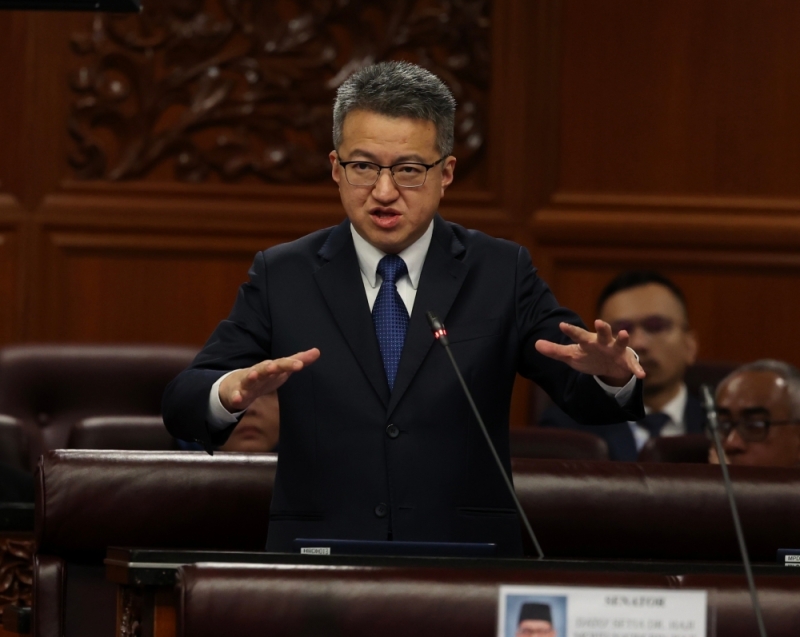The total export value of Indonesian halal food reaches USD 229 million. This figure comes from the export of 10 processed commodities. This achievement will continue to be improved with various incentives from the government. “If we look at Indonesia currently has the top 10 halal food products with a total export value of USD 229 million from 10 types of processed food,” said Finance Minister Sri Mulyani Indrawati in a National Strategic Webinar “Indonesia towards the Center for World Halal Producers”, Saturday (24/10/2020).
The State Treasurer specified that the 10 types of processed food consisted of margarine, wafers, biscuits, processed pineapple, packaged coffee, coffee extract, and malt extract. then sauces, baby food, bread and cakes that are much loved by Muslims in 29 countries. The types of processed food that are selling well in the international market are margarine or similar products that are still related to crude palm oil (CPO) and its derivatives. However, he sees that various other halal products are also projected to grow more positively. “We still have a big opportunity for our export share of up to 61 percent. This should be used by Indonesia to increase several products,” he explained.
The government itself provides fiscal incentives that can be used to encourage investment and export of halal products. These incentives are delegated to the Investment Coordinating Board (BKPM), so that BKPM can immediately provide various incentives for investment in priority areas. Therefore, his party ensures that the halal industry will also receive various stimuli in terms of income tax facilities. Among others, in the form of a tax holiday, tax allowance, reduced import income tax, super deduction for research, and vocational training.
Then, the incentives from customs and excise facilities are in the form of exemption or return of import duties to companies such as Ease of Import for Export Purposes (KITE). So that the import duty is borne by the government to certain industries, and so on that meet the requirements. “There are also incentives from value added tax (VAT) facilities that will be provided, such as VAT reduction for capital goods, health and education services, social services and export services,” he added. Finally, various special facilities to support increased exports of halal products. Among them are facilities in special economic zones (KEK), facilities in free trade zones, and facilities in industrial areas.




